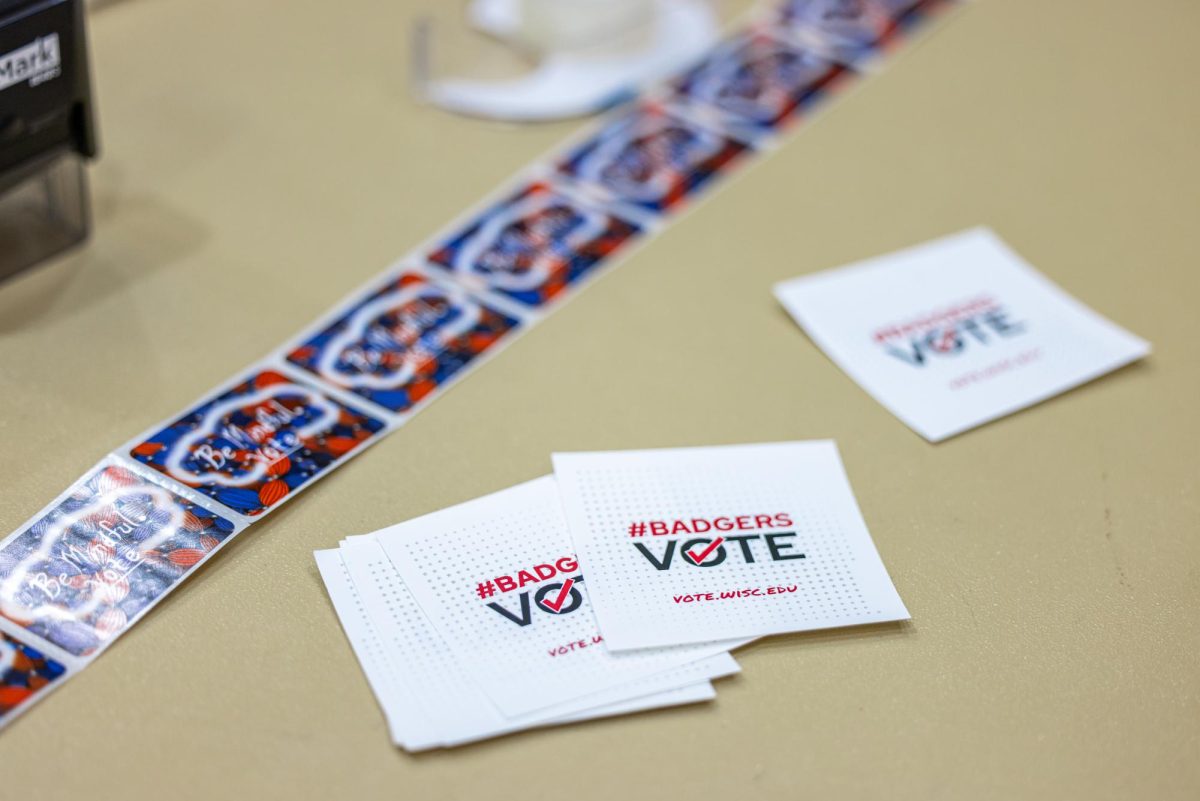Assembly Republicans voiced concerns Tuesday over the level of borrowing and increase in state employees in Gov. Scott Walker’s budget on the first budget briefing hearing.
During Tuesday’s Joint Finance Committee meeting, a number of Republicans told Department of Administration Secretary Mike Huebsch they were still worried about parts of Walker’s proposed budget. Rep. John Nygren, R-Marinette, a JFC co-chair, said he was concerned over the $1 billion in borrowing and 710 additional state employees.
“I don’t think you probably put on your brochure that you were going to grow the size of government,” Nygren told Huebsch.
Huebsch defended both parts of the budget, calling the staffing increases necessary and adding the borrowing was needed to fund major infrastructure projects.
The staffing increases are largely concentrated in the transportation, health and revenue departments, according to a Legislative Fiscal Bureau analysis.
The Department of Transportation positions, Huebsch said, would reduce the number of contractors they have, saving money for the agency. The Department of Revenue employees would help ensure the state brings in the money it is supposed to in taxes, and the health department officials would work to implement health care changes, he said.
“In the end, money for the most part will be saved by adding some of these individuals,” he said, calling it a “counterintuitive” proposal.
Much of the more than $1 billion in borrowing, also known as bonding, will go toward funding transportation projects, including major ones like Milwaukee’s Hoan Bridge and Zoo Interchange. A Marquette University Law School poll released Tuesday showed 24 percent of Wisconsinites favored borrowing for highway projects and 51 percent would cut highway spending, despite that creating project delays.
Huebsch said the Legislature can choose to put off some of the projects, but that most will have to get done within the next 10 years. He said they were included in the budget because of their low interest rates.
“We’re choosing to do those [projects] right now while bonding is relatively inexpensive,” Huebsch said.
Rep. Dean Knudson, R-Hudson, asked whether this level of bonding would be the “new normal,” but Huebsch said once these major projects are completed, there would not be too many long-term projects.
Knudson said he was concerned this budget would be making commitments for future legislatures on principal payments for bonding. Rep. Dale Kooyenga, R-Brookfield, said those payments would lead to the state eventually paying more for those debt payments than future transportation projects.
Huebsch also talked about why transportation is at a “perfect storm.” He said the state has major projects to fund, but is also suffering from the effects of past legislatures taking money from the transportation budget and using it for other purposes.
A legislative-appointed transportation committee had recommended earlier this year the state reinvest in its infrastructure. But, along with that, the committee had also recommended a gas tax increase and an increase in registration fees.
Republican leaders rejected increasing user fees, and Walker emphasized his opposition to those ideas during his budget address last month. The Marquette poll showed 28 percent of people would accept increasing the gas tax and registration fees to pay for highway projects, although 53 percent said they would accept tolls for that purpose.













